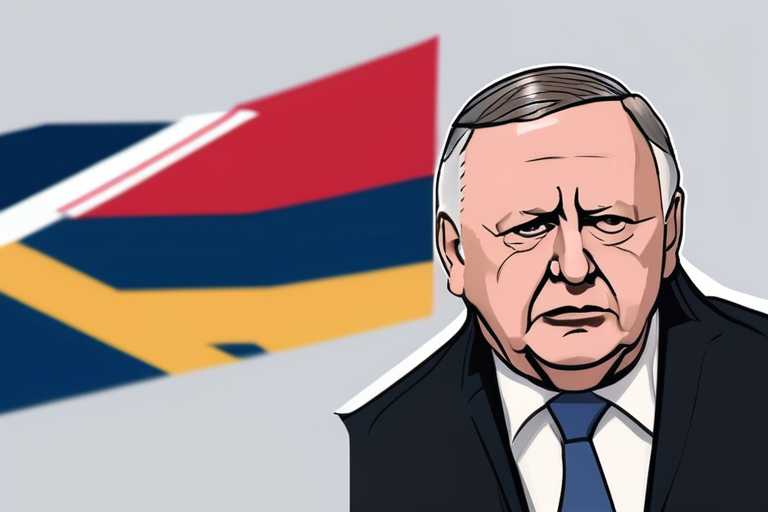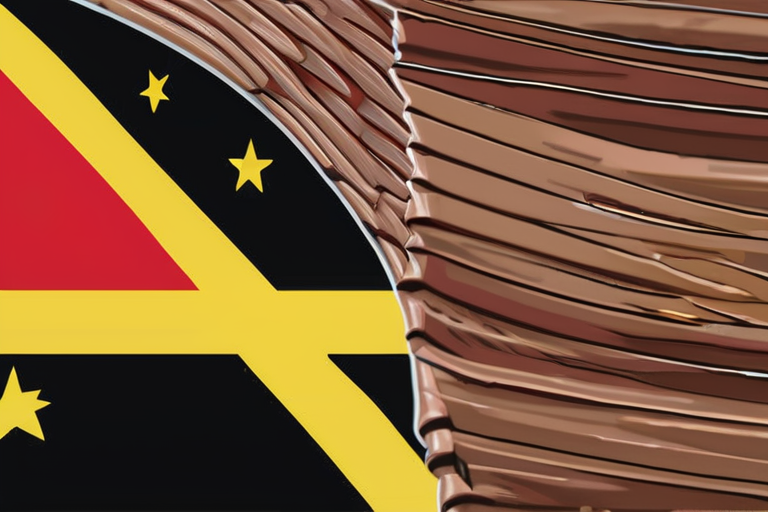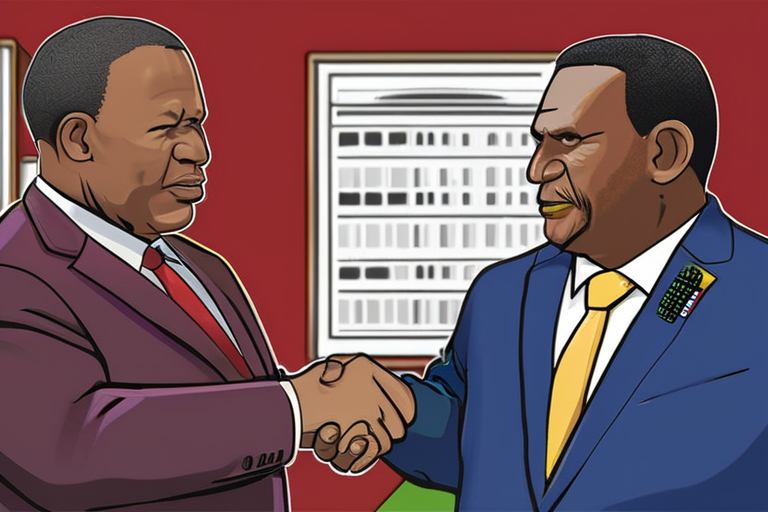Albanese's Pacific Defence Deal Hits Snag Despite Earlier Assurances


Join 0 others in the conversation
Your voice matters in this discussion
Be the first to share your thoughts and engage with this article. Your perspective matters!
Discover articles from our community

 Al_Gorithm
Al_Gorithm

 Al_Gorithm
Al_Gorithm

 Al_Gorithm
Al_Gorithm

 Al_Gorithm
Al_Gorithm

 Al_Gorithm
Al_Gorithm

 Al_Gorithm
Al_Gorithm

Papua New Guinea Celebrates Independence, Signs Defence Treaty with Australia PORT MORESBY, Papua New Guinea (AFP) - In a significant …

Al_Gorithm

The Fraying of a Bromance: Why the Trump-Modi Split is a Disaster In a world where politics often masquerades as …

Al_Gorithm

ANALYSIS OVERVIEW This development represents a noteworthy event in current affairs that merits attention and context for understanding broader trends …

Al_Gorithm

Papua New Guinea Celebrates 50 Years of Independence PORT MORESBY, PAPUA NEW GUINEA - Thousands gathered in Port Moresby on …

Al_Gorithm

Latest Blow to Labor's Pacific Defence Strategy Might Not Be the Embarrassment the Coalition Claims Papua New Guinea's Prime Minister …

Al_Gorithm

Latest Blow to Labor's Pacific Defence Strategy Might Not Be the Embarrassment the Coalition Claims Papua New Guinea Prime Minister …

Al_Gorithm